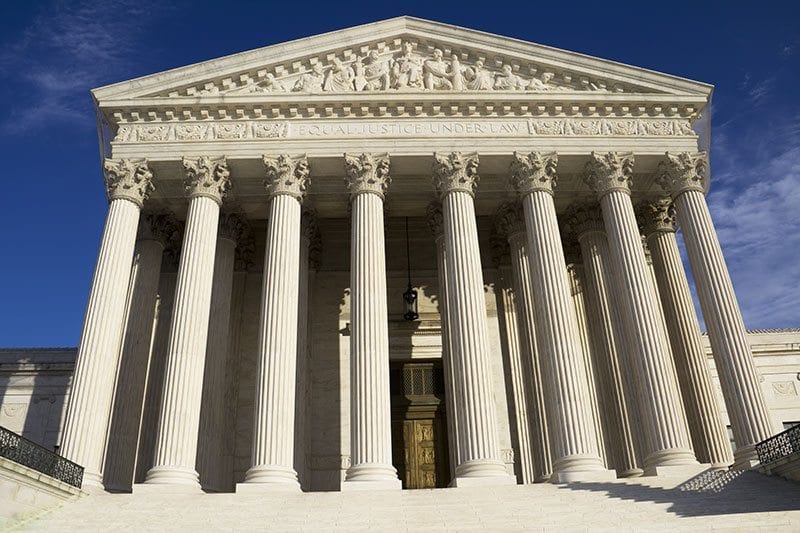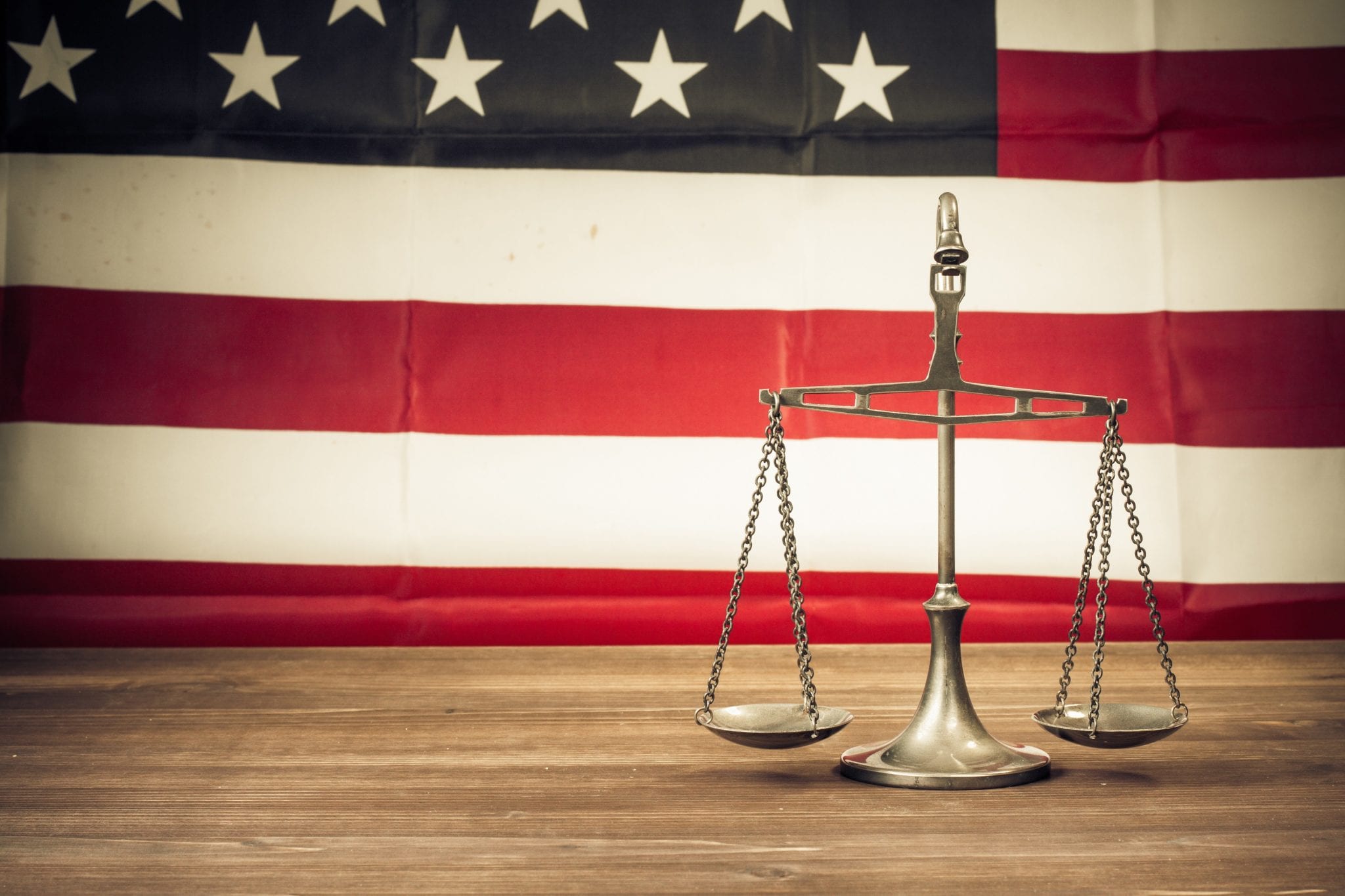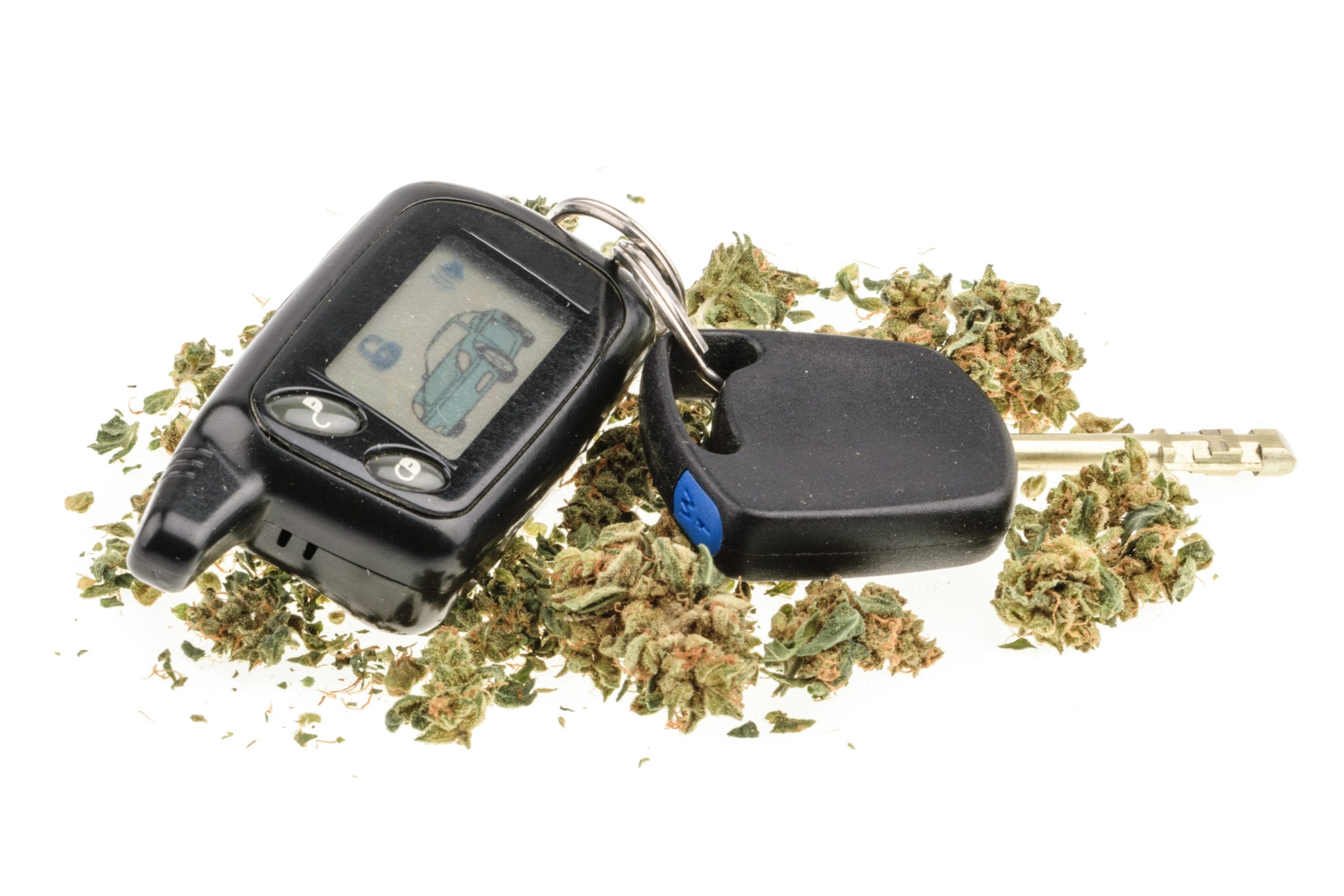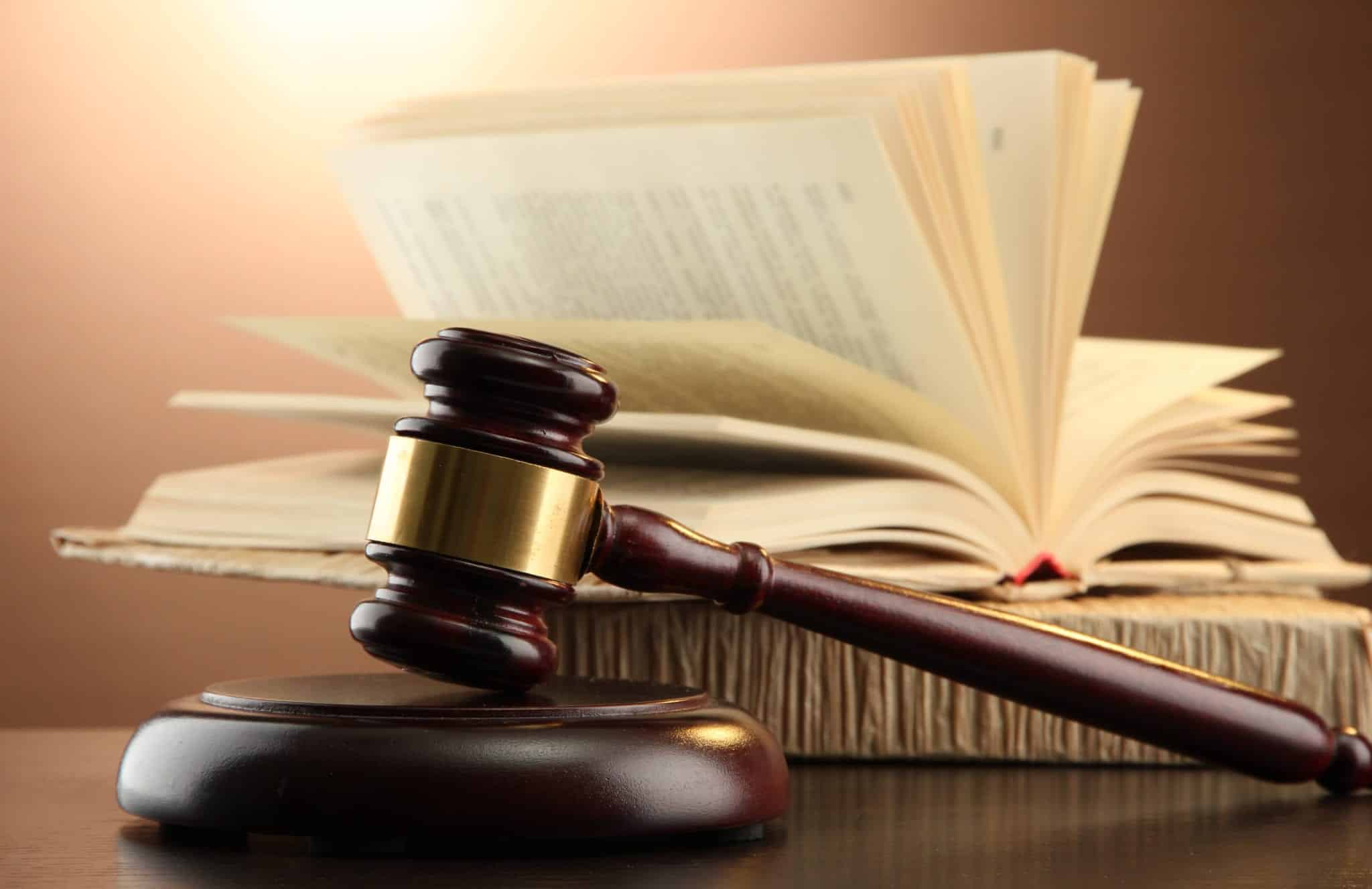In Georgia state courts, parties have a right to a jury trial in civil matters. According to the Georgia Code, either party in a civil dispute may demand a panel of “competent and impartial jurors from which to select a jury.” The number of jurors is typically either six or twelve, depending on the estimated value of the case and the type of court in which it is being heard. If you are involved in a dispute that is heading towards a possible jury trial, it is imperative that you make sure you get a fair and impartial jury to decide your case.
CHOOSING THE JURY
Each party in a case is given the opportunity to question potential jurors and to strike a certain number of them that they don’t want on the jury. They may also ask the judge to strike jurors for cause if they appear to be biased in the case. This process of questioning and jury selection is known as voir dire.
Although neither party in a case has any right to have a particular person serve on a jury, they do have the right to strike particular people from serving. There are two ways that jurors can be struck from serving – by strikes for cause and by peremptory strikes. A party may peremptorily strike a juror for any reason, except to exclude them from the jury based on their race, ethnicity, or sex. However, each side only has a certain number of peremptory challenges that they can use. A lawyer should use their peremptory strikes to remove potential jurors that they feel may not be good for their client.
Parties may also strike jurors for cause when that juror is biased. Strikes for cause principally occur when a juror is related to a party, has a financial interest in the case, or when it appears for any other reason that they are biased in favor of one side winning. When a juror is related or has a financial interest in a case, a judge is required by law to strike that juror. However, in other cases of perceived bias, a judge may decide to reject the strike for cause challenge and let the juror stay.
Because fair and impartial juries are an essential part of our justice system, it is extremely important for attorneys to make a compelling case when they make a strike for cause challenge. It is also important to note that, although these strikes are unlimited in theory, judges will sometimes not like to allow too many of them. Therefore, a good attorney will use cause challenges carefully.
THE EXPERIENCED TRIAL ATTORNEYS AT WILLIAMS ELLEBY PROTECT THEIR CLIENTS’ RIGHTS DURING JURY SELECTION
The attorneys at Williams Elleby Howard & Easter understand the jury selection process. They know how to ask questions during voir dire and how to use their peremptory and for cause challenges to protect their clients. Many trials are often won or lost at the jury selection stage. The attorneys at Williams Elleby Howard & Easter take this stage of a trial very seriously. If you would like more information about this issue, please contact Williams Elleby Howard & Easter at 833-LEGALGA.









